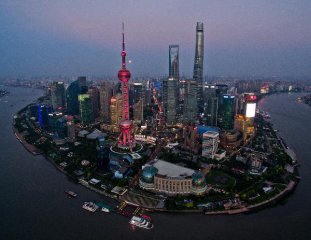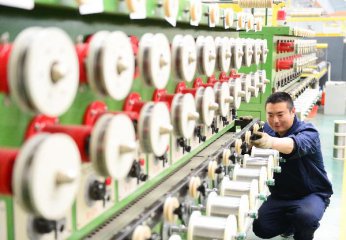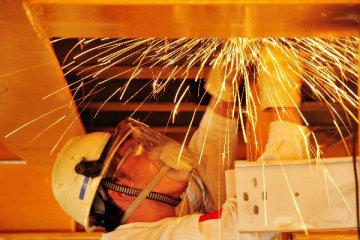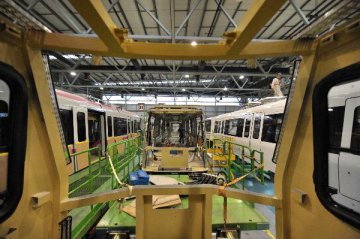
Experts believe that in the process of advancing the reform of state-owned enterprises (SOEs) in Northeast China, it is necessary to prevent the loss of state-owned assets in transactions and the loss of ownership of state-owned assets.
Xiao Yaqing, chairman of the State-owned Assets Supervision and Administration Commission of the State Council (SASAC), recently inspected SOEs in Hohhot, Inner Mongolia for their work on deepening reform. Xiao pointed out that we should vigorously promote the reform of SOEs in Northeast China. In this regard, Huang Zhilong, head of the macroeconomic research center of Suning Financial Research Institute, said yesterday in an interview with Securities Daily that it is a critical stage for the SOEs reform now as well as an important period to implement the central government’s policy and spirit on the SOEs reform. The reform of local SOEs, including those in Northeast China, will take a big move in the next one to two years.
Huang believes that in all SOEs reforms throughout the country, the difficulties and problems in the reform of local SOEs in Northeast China are remarkably prominent. Firstly, most SOEs in Northeast Chin are engaged in traditional heavy or chemical industries, such as steel, petrochemical and coal. And these industries are cutting overcapacity. That is to say, it is expected to be harder to advance the SOEs reform as the whole industry is in a downturn. Secondly, social capital and private enterprises are underdeveloped in Northeast China. Particularly, local private enterprises, being lack of strength in funds and technology, can hardly play a critical role in the mixed ownership reform. Last, problems left over in history, especially staff placement, in Northeast China SOEs remain prominent.
In fact, China has issued a number of documents in order to further promote the SOEs in Northeast China. For example, the State Council in last November issued a guidance to support some central SOEs to carry out trial mixed ownership reform and guide central SOEs to strengthen cooperation with local governments. In last December, the National Development and Reform Commission (NDRC) issued the 13th Five-year Plan for revitalizing Northeast China. It proposed that it will promote the mixed ownership reform by introducing strategic investors or restructuring and listing enterprises based on the characteristics of different types of SOEs in the region.
Xiang Anbo, head of the SOEs research office of the Enterprise Research Institute (ERI) of the Development Research Center of the State Council, told the Securities Daily reporter that there are three difficulties worthy of our attention in the reform process in the northeast region. First is how to continue to emancipate the mind and change concept in order to promote the reform and development of SOEs by releasing the people’s enthusiasm. Second is how to combine the SOEs reform with the supply-side structural reform, and how to combine the task of eliminating backward production capacity and downsizing redundant personnel with that of resolving e problems left by the history in SOEs. Third is how to improve business environment while carrying out the mixed ownership reform.
The reporter learnt that the three provinces in Northeast China are actively exploring the mixed ownership reform, which is a facet in this round of SOEs reform. For example, Jilin Province will pilot the mixed ownership reform in 10-20 provincial or municipal SOEs, and carry out trial employee stock ownership plan in 5-10 SOEs this year. Heilongjiang Province proposed that it will advance the mixed ownership reform in about 20 SOEs to diversify their equity structure. Liaoning Province has decided to sell the equities of 9 SOEs to strategic investors in and outside the province. It is noteworthy that on June 10, the Liaoning Provincial Government also signed a port cooperation framework agreement with China Merchants Group under which the two will strive to establish Liaoning Port Group and complete the mixed ownership reform by the end of 2017.
Xiang believed that in the process of advancing the SOEs reform in Northeast China, it is necessary to improve the accountability mechanism while establish fault-tolerant mechanism; to promote enterprises to transform operating mechanism while improving the state-owned capital management system and improving capital management ability; to attach importance to state-owned capital, material capital, human capital and human creative work; to prevent the loss of state-owned assets in transactions and the loss of ownership of state-owned assets.
Translated by Coral Zhong
























Latest comments